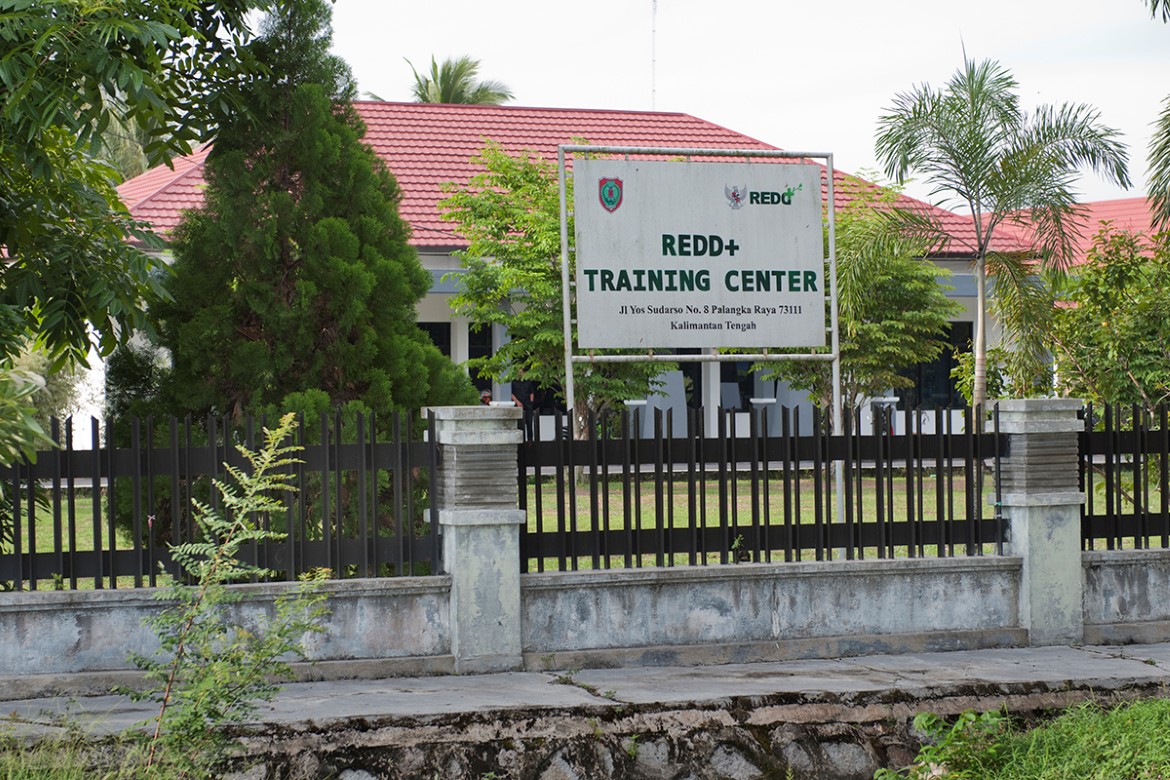
Uprooting corruption in forest governance
Organization
Transparency International (TI)They also influenced national and international REDD+ policies to include stronger anti-corruption measures.
The purpose of the project was to contribute to a society where citizens are successfully engaging and demanding accountability in REDD+ and forest finance and governance. The desired society would also have REDD+ and forest governance policies and practices that are more preventative against corruption, transparent and accountable at all levels.
Why did Norway decide to support this project?
The potential for corruption within REDD+ programmes is very high. TI’s expertise is to work with governments, businesses and citizens to stop the abuse of power, bribery and secret deals. In this project, TI linked this knowledge and network to anti-corruption work in REDD+. Norad had good experiences with TI under the previous support period. Having achieved promising progress through previous projects in the same three countries, Norad decided to support the project.
The planned outcomes of the project were
- Outcome 1 – Citizens and stakeholders are better able to engage in REDD+ policy development, implementation and monitoring and to demand public accountability
- Outcome 2 – Victims and witnesses of corruption articulate and find solutions to their grievances through legal advice and support complaints mechanisms
- Outcome 3 – International and national REDD+ governance and finance institutions improve and enforce policies and procedures to prevent corruption through advanced transparency, accountability and integrity throughout project cycles
Results
Norad assesses that outcomes to a large extent have been achieved. Specific targets for outcome indicators were not always set at the start of the project, so the degree of achievement compared to the intention is in some cases difficult to assess. Outputs have mostly been achieved or over-achieved. The report provides a good overview of the degree of change at target group level. Effects are described both in terms of quantitative indicators and narrative analysis per country under each outcome. A brief assessment of each outcome is given below.
Outcome 1: The outcome seems to some extent achieved, with effects at least at local level and within the geographical scope of TI’s project activities. It is difficult to assess to what extent the outcome has been achieved against its intention, since targets were set only for output indicators. The report describes how TI’s outreach activities and monitoring actions led to citizen actions. There are substantive examples of how TI supports citizen-led actions demanding accountability for corruption in the forest and land use sector. In two examples in Papua New Guinea, citizen actions led to companies ceasing illegal logging activities in the contested areas. The scale of change seems relatively limited in terms of number and geography, which may be as anticipated within the project’s duration. The description of TI’-Secretariat’s outreach work at global level provides good indications that TI has reached a substantial audience, e.g. through coverage in two renowned US news outlets and through international climate and REDD+ fora.
Outcome 2: This outcome is partially achieved. One indicator with a specified target seems fully achieved (% of grievances successfully resolved) while information is lacking on another (# clients stating an increase in awareness of their rights (…)”). One major achievement was that the Papua New Guinea (PNG) Department of Lands and Physical Planning launched an official complaint desk for the land sector. TI-PNG was instrumental in setting up the complaint desk. In Vietnam, TI in consultation with relevant government departments and civil society organizations, developed a pilot for the design of a REDD+ Grievance Redress Mechanism. The pilot was expanded to one additional province. While the pilot seems to have worked well, it seems too early to tell whether it led to establishment of a systemic REDD+ grievance mechanism.
Outcome 3: This outcome is to a large extent achieved, according to targets set for the project period. The target was five changes in policy and/ or practice to enhance accountability and transparency of REDD+ in each country. In Indonesia, four changes at national or regional level were achieved. In Papua-New Guinea six changes were observed, and in Vietnam five. Through its global advocacy work, TI reports to have contributed to ten positive reforms in multilateral institutions and funds. The changes in policies/practice range from signing of an MOU between the TI national chapter and the relevant government agency (Papua New Guinea) to TI’s inputs being reflected in REDD+-related policies (Vietnam). A global level, TI reports on an enhanced transparency and accountability framework in the final text of COP21, much in line with TI’s recommendations in the negotiation phase.
Disclaimer
The result descriptions are based on the information provided by the organisations. Their presentations and conclusions do not necessarily reflect the views of Norad. Norad has not verified all results reported.
